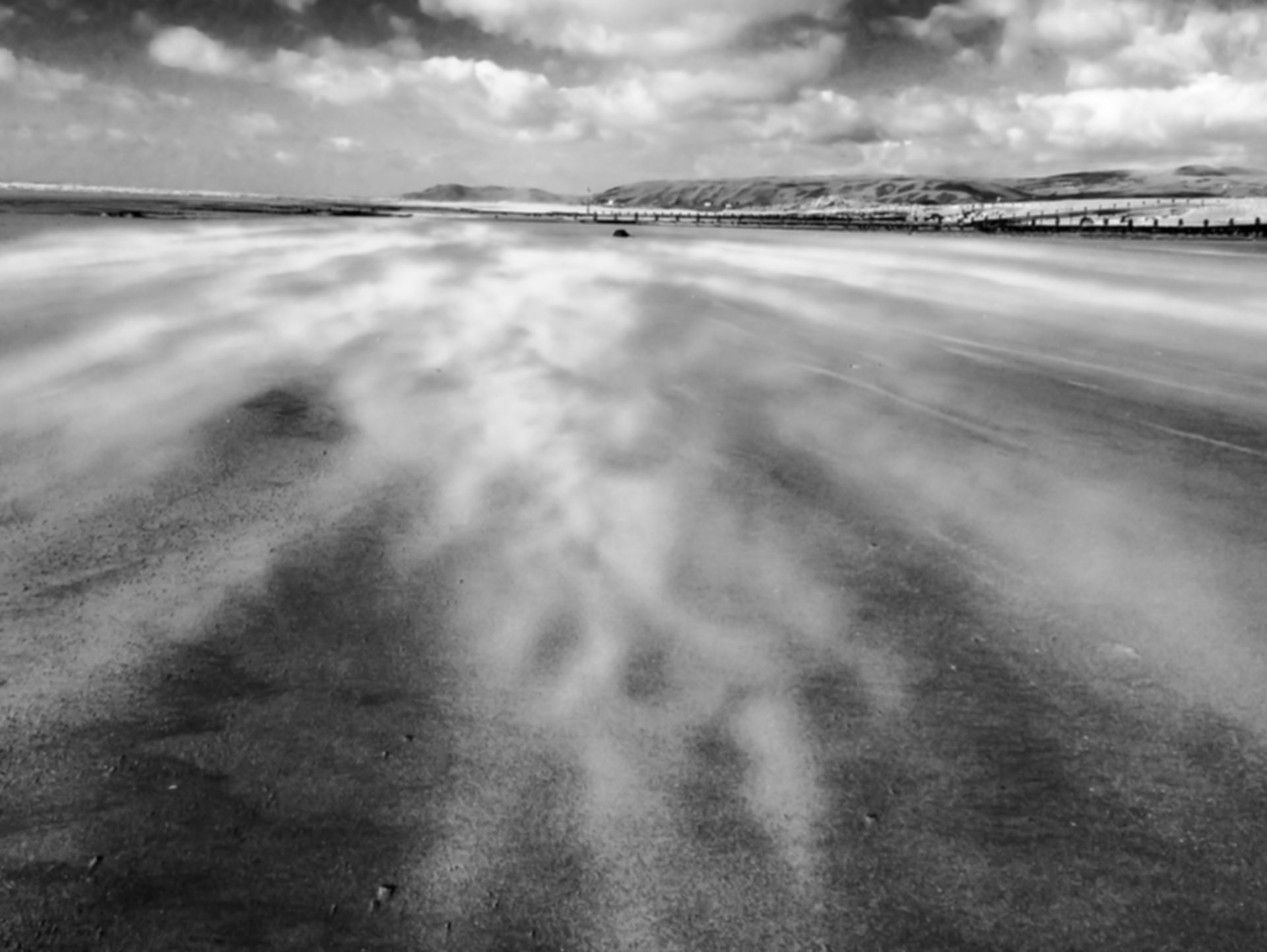Mustard Gas, Mud and Maiden Castle

The other day, my daughter asked me what my favourite WW1 poem was.
I was unable to answer.
How does one pick a favourite out of war? I muttered a generic reposte, handing her a copy of Hedd Wyn and falling back on my usual default of Yeats.
She gave me a withering look.
A day passed - I wrote 'White Poppies' and looked through my photographs from Flander's Fields. I'd visited Belgium because I have family from there - and it also seemed right to take Peace Mala Dove Number 5 to Ypres. I was surprised to find the whole memorial experience oddly numbing - it was grey and raining, there were people weeping at familiar names, industrial sheds stood where bodies had fallen. I think that I expected to feel something, some sense of what had happened, echoes of battle cries and gunshot perhaps. Instead, there was nothing. Nothing but a suffocating sense of pointlessness - and the occasional crow.
As I looked back through the images today, I was reminded of when I began secondary school and was also set the task of studying WW1 poets. I had objected, complaining that poetry was for the opposite of war. My teacher, who became a great supporter of my writing, Mr Sayle (who was also very active in Amnesty International), replied that I should read Wilfred Owen, whose poetry had begun on the very hills where I then lived.
"And so repassed into my life's arrears. Even the weeks at Broxton, by the Hill Where first I felt my boyhood fill With uncontainable fancies..."
I took his copy and read it upon that hill at Maiden Castle, an Iron Age and Roman fort, once destroyed by fire. I looked out across the roof of my family's farmhouse to the Wrekin and Birkenhead - and my world changed forever.
Thirty-two years later and I think that, at that moment, I was closer to The Great War than I was when standing on the very soil whose grass was fed by the blood of young soldiers. This, this is the value of poetry - and still the old lie continues...
Dulce et decorum est Pro patria mori.























